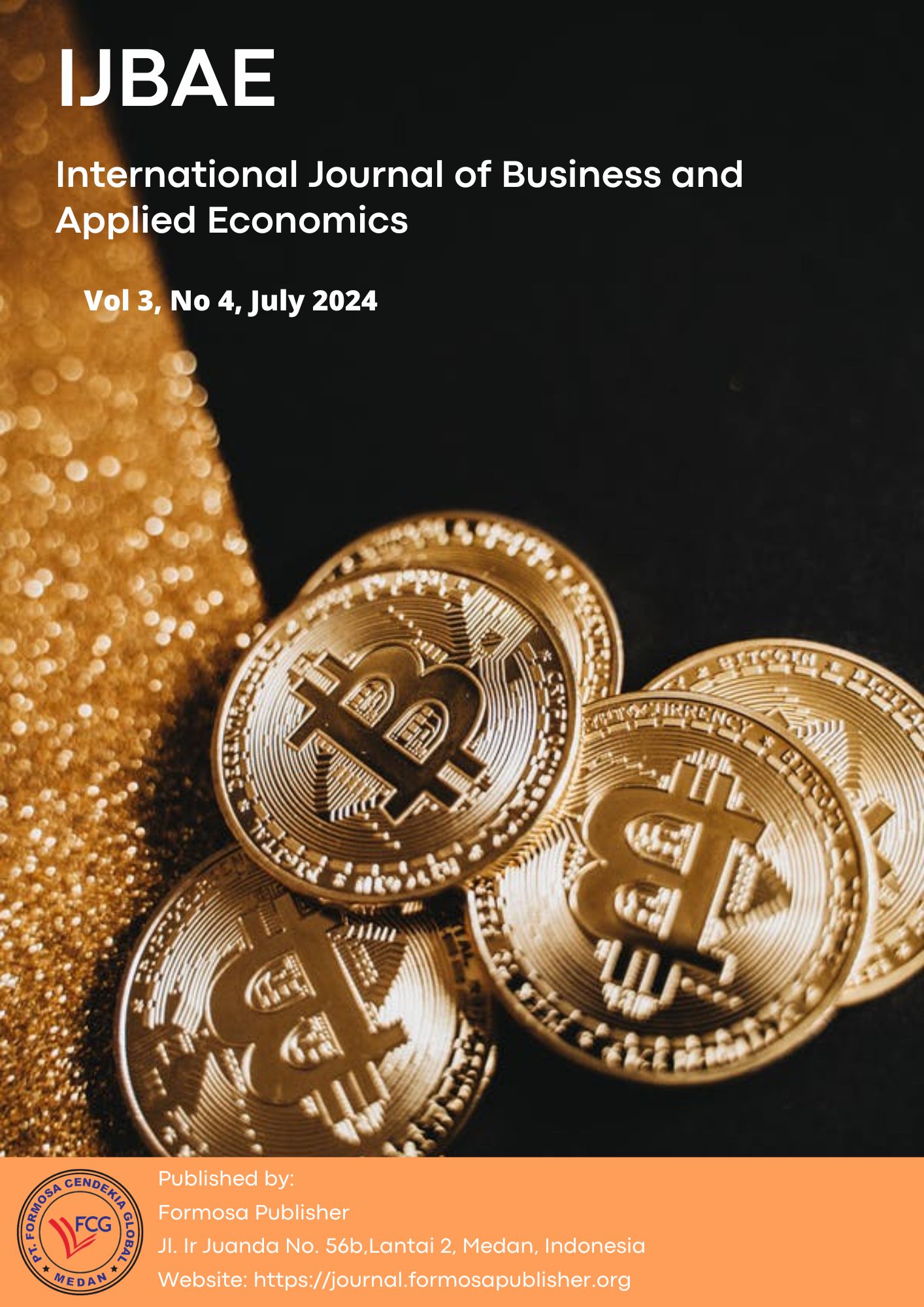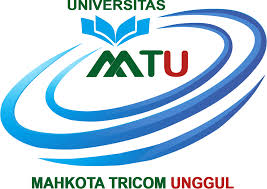Analysis of the Implementation of Kaizen Culture at PT. Digital Solusi Grup
DOI:
https://doi.org/10.55927/ijbae.v3i4.10488Keywords:
Company Culture, Kaizen Culture, Company Culture ImplementationAbstract
This study aims to examine the implementation of Kaizen culture in the company. The discussion is based on the phenomenon of Kaizen culture implementation originating from Japan, applied to a service sector company in Indonesia, namely PT Digital Solusi Grup. The objectives of this study are to determine (1) how the Kaizen culture is implemented in the company, and (2) whether the implementation of the system, concept, and Gemba Kaizen in the company undergoes adaptation. This research adopts a descriptive qualitative approach using ethnographic methods. Data collection techniques include in-depth interviews, documentation, observation, and triangulation. The components of data analysis in this study are (1) data reduction, (2) data presentation, and (3) drawing conclusions. The main discussion focuses on (1) the Kaizen culture in the company, and (2) the adaptation of Kaizen culture, which includes the concepts and Gemba Kaizen. Information for this study was gathered from three key informants representing top-level, middle-level, and first-level management at PT Digital Solusi Grup. The findings of this study indicate that, in general, the implementation of Kaizen culture undergoes an adaptation process. A lack of communication during the implementation process between functions and positions prevents the company's goals for implementing Kaizen culture from being articulated in accordance with the leadership's objectives.
Downloads
References
Alukal, G., & Manos, A. (2006). Lean Kaizen: A Simplified Approach to Process Improvement. United States: ASQ.
Andersson, R., Eriksson, H., & Torstensson, H. (2006). Similarities and differences between TQM, Six Sigma, and Lean. The TQM Magazine, 18(3), 282-296.
Bessant, J. (1991). Managing Advanced Manufacturing Technology: The Challenge of the Fifth Wave. Oxford: NCC-Blackwell.
Biadacz, R. (2024). Application of Kaizen and Kaizen Costing in SMEs. Production Engineering Archives, 30(1), 17-35.
Brunet, A. P., & New, S. (2003). Kaizen in Japan: An empirical study. International Journal of Operations & Production Management, 23(12), 1426-1446.
Creswell, J. W. (1994). Research Design: Qualitative & Quantitative Approaches. California: Sage Publications, Inc.
Daniel, M. (2002). Metode Penelitian Sosial Ekonomi. Jakarta: PT. Bumi Aksara.
Fatimah, N. (2016). Analysis of the Readiness Level for Implementing Kaizen Culture at PT. Indobatt Industri Permai. Surabaya: Institut Teknologi Sepuluh Nopember.
Fathoni, A. (2006). Metode Penelitian Dan Teknik Penyusunan Skripsi. Jakarta: PT. Rineka Cipta.
Faught, K. S. (2000). Total Quality Management Systems: Construct Definition and Organizational-Level Effects. United States: Bell & Howell Information and Learning Company.
Hill, C. W. L. (2008). Global Business Today (5th ed.). New York: McGraw-Hill Companies, Inc.
Jackson, P. J., Harris, L., & Eckersley, P. M. (2003). E-Business Fundamentals. London: Taylor & Francis Group.
Schroeder, D., & Robinson, A. (1991). America’s most successful export to Japan: Continuous improvement programs. Sloan Management Review, 19(11), 1203-1222.
Smadi, A. A. (2009). Kaizen strategy and the drive for competitiveness: Challenges and opportunities. An International Business Journal, 19(3), 203-211.
Strykowski, M. A. T. (2024). Is Competence One of the Production Factors?. Scholars Journal of Economics, Business and Management, 11(7), 192-198.
Szczepkowska, A., Kozłowska, A., & Kokocińska, M. (2023). Creative Destruction and Development of the Global Economy. International Entrepreneurship Review, 10(1), 43-54.
Vento, M. S., Alcaraz, J. L. G., Macias, A. M. M., & Loya, V. M. (2016). The impact of managerial
commitment and Kaizen benefits on companies. Journal of Manufacturing Technology Management, 27(5), 692-712.
Yokozawa, K., & Steenhuis, H. J. (2013). The influence of national level factors on international Kaizen transfer. Journal of Manufacturing Technology Management, 24(7), 1051-1075.
Zamumtima, C. (2024). Human Resource Management in: Nonprofit Social Enterprises. CSD, Sustainability, Ethics & Governance. Springer, Cham, 51-57.
Downloads
Published
How to Cite
Issue
Section
License
Copyright (c) 2024 Novaldi Nur Rochman Putra, Gendut Sukarno, Tri Kartika Pertiwi

This work is licensed under a Creative Commons Attribution 4.0 International License.

























